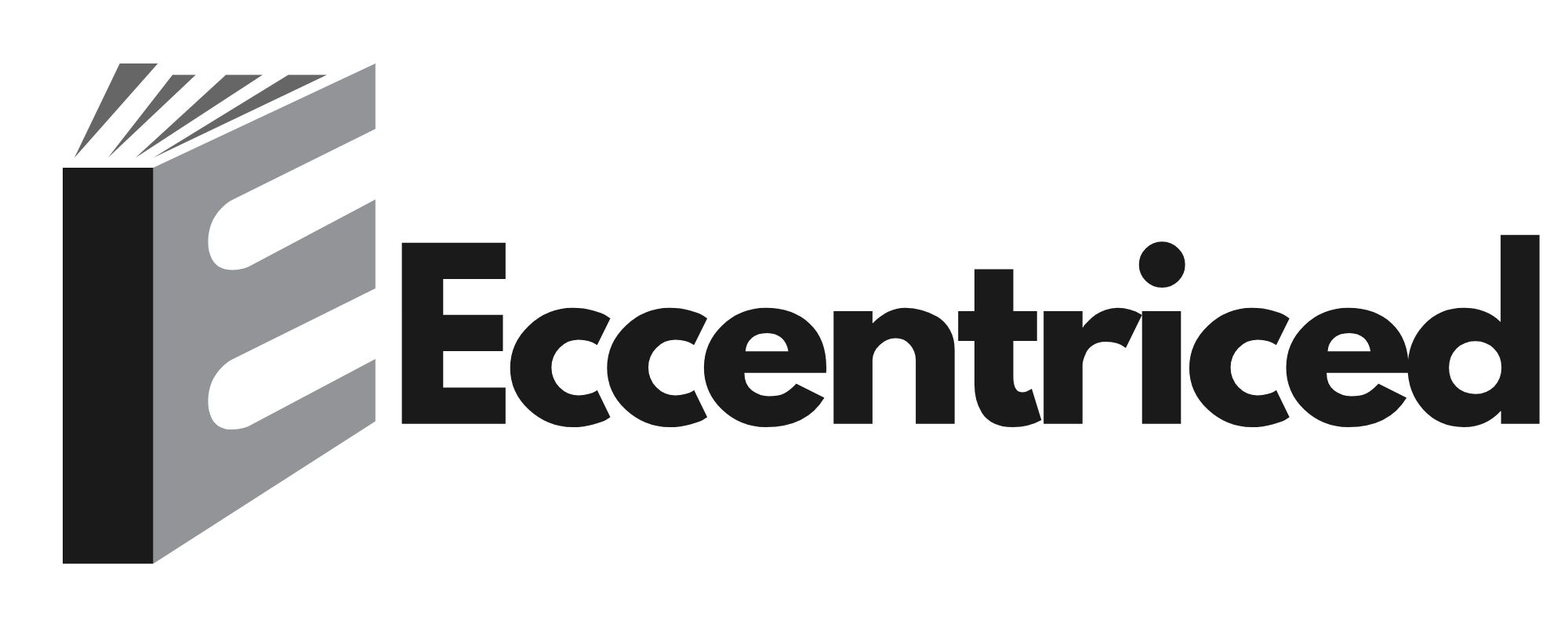Alternative Education Models: Success Stories from Around the Globe

As education systems worldwide evolve, alternative education models are gaining recognition for their effectiveness in fostering learning. These innovative approaches often prioritize student engagement, creativity, and critical thinking, providing diverse options for learners.

One successful model is Montessori education, which originated in Italy and has spread globally. Montessori schools emphasize hands-on learning, allowing children to explore subjects at their own pace. Classrooms are designed to foster independence, with materials that encourage discovery and problem-solving. This approach has proven effective in nurturing self-motivated learners who thrive in collaborative environments.
Another inspiring success story comes from Finland, known for its progressive education system. Finnish schools focus on student well-being and holistic development, with minimal standardized testing. Teachers have significant autonomy in curriculum design, allowing them to tailor lessons to meet students’ needs. This model has resulted in high academic achievement while promoting a balanced, enjoyable learning experience.

In the United States, charter schools are providing alternative educational opportunities. These publicly funded schools operate with more flexibility than traditional public schools, often implementing innovative teaching methods and curricula. For instance, some charter schools focus on project-based learning, where students engage in hands-on projects that connect to real-world issues, fostering critical thinking and collaboration.

In Australia, the Bush School model emphasizes outdoor learning, integrating nature into the curriculum. Students spend significant time outside, engaging in activities that promote environmental stewardship and a strong connection to the natural world. This experiential learning approach has been shown to enhance student engagement and improve well-being.

These alternative education models demonstrate that innovative approaches to learning can lead to positive outcomes. By prioritizing student engagement, creativity, and holistic development, educators worldwide are redefining what it means to provide a quality education.
